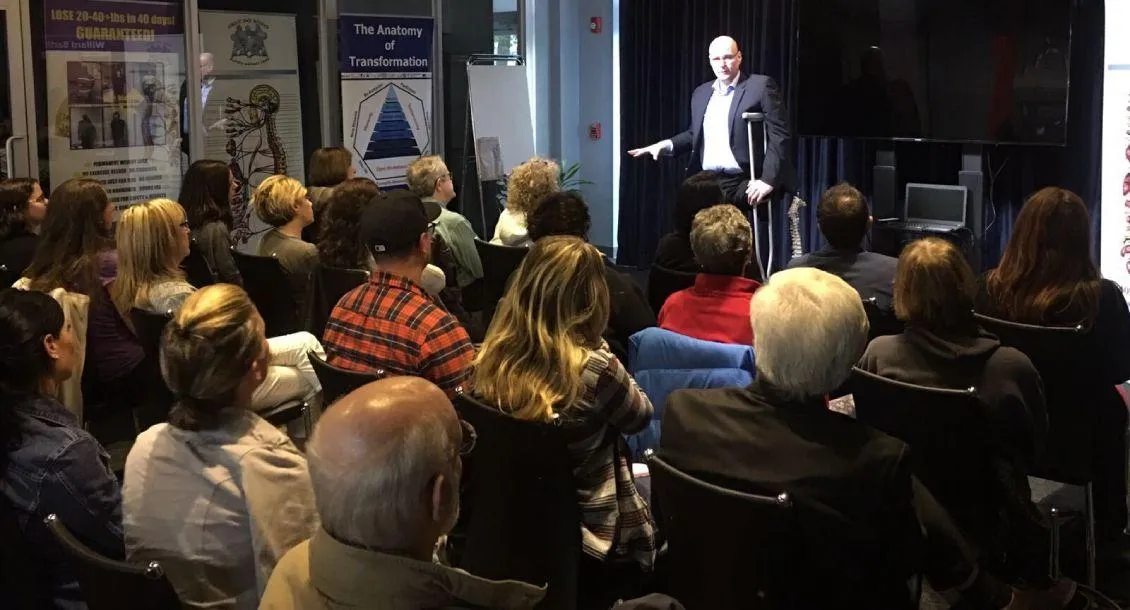
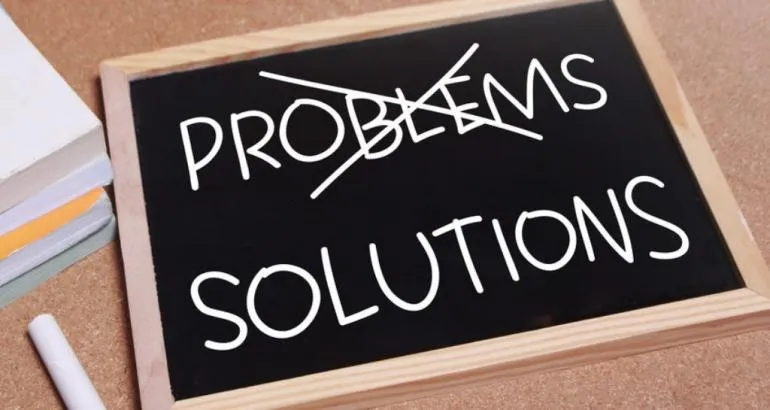
A Way To Solve Problems
WRITING AS A WAY TO SOLVE PROBLEMS
One the most powerful personal development tools is simply to sit down and write or keep a personal journal.
I’ve been keeping a combination of paper journals, computer journals, audio and video diaries since 1989.
What do I do with these documents and recordings? Although many people use journals or diaries to keep a record of life events, I don’t normally bother with those types of entries, and I rarely even go back and review past entries. For me it’s primarily a problem solving tool, a way to think through complex decisions until I reach the point of clarity. I average about 5-10 journal entries a month, and I usually begin a new entry by asking a question or addressing a problem I want to solve. Then I proceed to explore the options of potential solutions to the problem. And I make sure to use these 3 filters when I start. 1) Every idea is a great idea 2) No idea is a bad idea and 3) Just because an idea didn’t work in the past does not mean that it may not work now. I’m just capturing options at this point.
Sometimes the problems may be very simple, such as “What topic should I select for my next presentation (or article)?” But other times I explore much broader subjects, like “Where do I want to be in 2020, and what do I need to start/stop doing now in order to get there?” Sometimes I’ll just brainstorm possible solutions, while other times I’ll write about a problem from different angles to understand it more fully. For example, I might ask myself, “How would Albert Einstein solve this problem? Leonardo da Vinci? Elon Musk? Captain Picard?” Or I might ask myself, “What’s actually good about this? Is there an option where I might avoid even needing to solve this problem? Is it really a problem at all? What would the optimal solution to this problem have to look like?”
I find these kinds of exercises extremely valuable. When I work at solving a problem just using the thoughts inside my head, I often find success with simple problems, but thinking things through often fails to solve the more complicated problems. Either I won’t find a satisfactory solution at all, or I won’t create a clear understanding of the problem that will allow me to feel good about the solutions I do come up with. Other times I’ll find a solution that I feel good about in that moment, but after I’ve slept on it and looked at it with a fresh set of eyes the next day, it doesn’t seem quite so intelligent anymore. So instead of thinking things through in my head, I tackle those big, complex problems by writing them through or recording them on audio or video.
Thinking can often become circular, and our brains have a tendency to delete information, distort our perceptions and generalize data. Example: we’re always looking to simplify things by classifying them according to patterns. A situation happens and we immediately ask ourselves, “What does this mean? What should I do?” and we search our memory banks looking for similar situations and patterns. In doing so, we delete, distort and generalize the data to find matches in our past and the patterns that are “similar”. However, sometimes it’s more important to consider the raw facts of a specific problem without trying to prematurely pattern-match it to a previous problem we’ve already experienced or solved. For example, if you run your own business and experience a temporary sales drop, which happens to be a problem you experienced and overcame once before, you may still need to consider the possibility that this sales drop has a unique cause and is in actuality in no way similar to the previous experience. Therefore it cannot be overcome by re-applying the previous solution.
By exploring problems on paper or recording them, I avoid circular thinking, and it’s also easier to identify gaps in the possible solutions that have yet to be considered. Once I’ve captured my thoughts about a problem from a particular angle, I can put that part to rest and move on to exploring the next part, and knowing that I have already captured my earlier thoughts makes it easy to consider the problem from a larger number of different perspectives to leave me feeling confident that I understand it fully enough to make an informed decision. So essentially, journaling allows me to overcome some of my brain’s functional limitations. Similar to a computer, I’m expanding the working memory that’s available in my mind for solving problems.
Some problems, by their very nature, are just too big to fully understand in our thoughts alone. We can only focus our conscious minds directly on a small part of any given problem. We are limited by our 6 senses as to what we can perceive from our specific vantage point.
Look, it’s no secret that our brains are extremely powerful, but our conscious minds are still very limited in their ability to hold onto multiple simultaneous thoughts. For example, you can close your eyes and visualize a sunset, but can you visualize that sunset from one hundred different angles all at the same time and select the one with the most breathtaking view?
Even a question as simple as, “What should I have to eat?” is enough to run us up against our mental limits. To truly make the best possible decision, we would have to consider all possible foods we might eat, prioritizing their taste, texture, nutritional value, cost, convenience, etc. Now for a fairly simple decision like this one, we might again “generalize” and consider just three or four options and then pick the one that seems best to us in the moment. But what if we’re faced with a much more significant decision with far-reaching consequences, where it’s much more important to feel confident that our choice is at least close to optimal?
Life is full of these kinds of choices. Should I make this investment? What career should I choose? Should I start my own business? What is the best diet choice for me? Where should I live? Should I get a divorce or remain in an unhappy marriage? These are all major life-changing decisions. You can certainly choose to make them haphazardly and with limited thought, but you’ll be the one who has to live with the consequences. If you fail to put in the effort to apply the full potential of your intellect to making the best possible choices when the stakes are so high, then what does that say about the value you place on your own life?
Look, even journaling or recording your thoughts can’t overcome all of the major limitations of our conscious minds allowing us to systematically consider every solution when there are potentially millions of possibilities. But capturing these things and thinking them through is at least a step in the right direction. We will still end up delegating a major part of our decision-making to our subconscious minds, to our intuition, and to our emotions. But the more of this process we can pull into our conscious minds by using the tools we’ve mentioned, or even better, working with a trusted advisor who can ask us quality questions and get us to see the problem from even more angles, the more clarity and focus we gain in knowing that our decisions are the right ones.
In the long run, by continually exercising the mental discipline to make more conscious decisions, we will reap the rewards of more consistent and greater results.
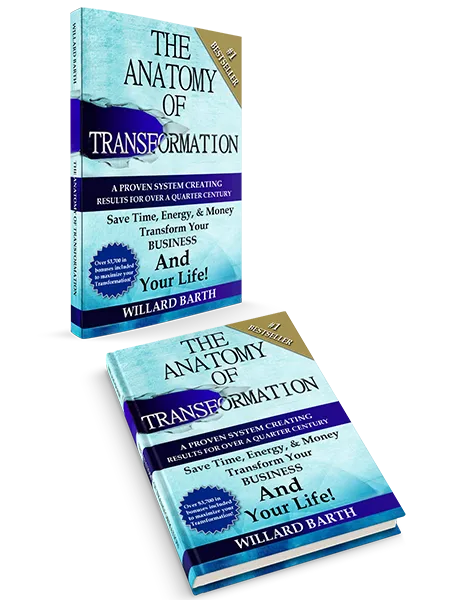
#1 Best Selling Author Willard Barth
Here is your opportunity to purchase Willard’s #1 Best Selling Book called The Anatomy of Transformation for ONLY the cost of Shipping and Handling! That’s right… Willard will pay for the book… you just pay for S&H!
The Anatomy of Transformation is a proven system that has been used over a quarter of a century helping take individuals and businesses to the next level… no matter how successful they already are!
The journey begins now!
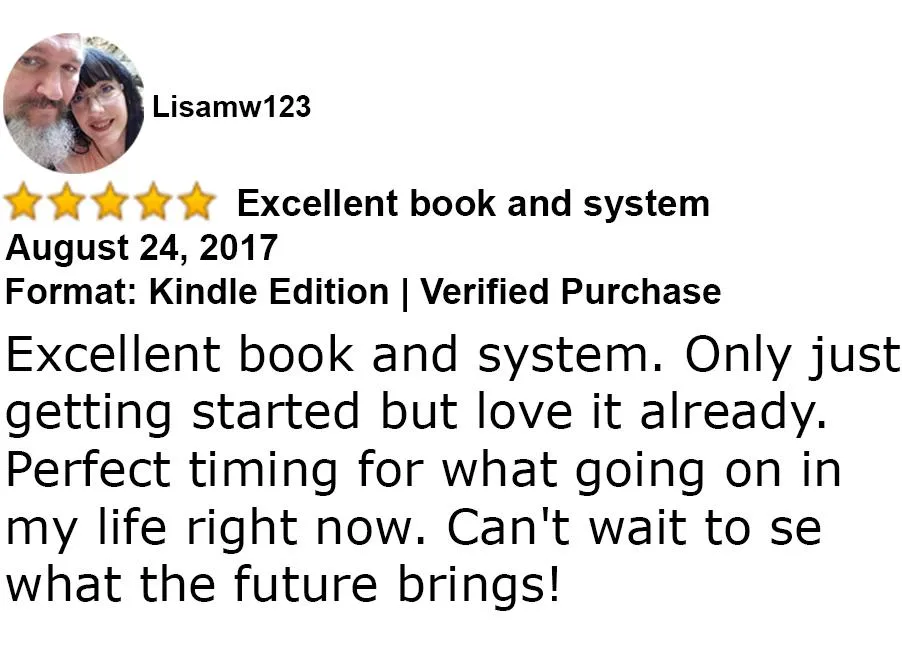
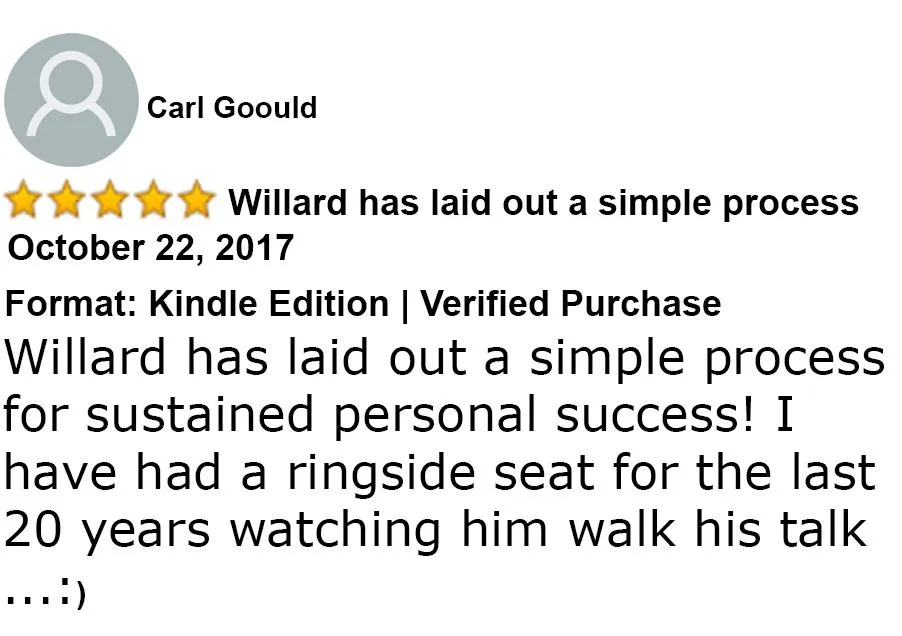
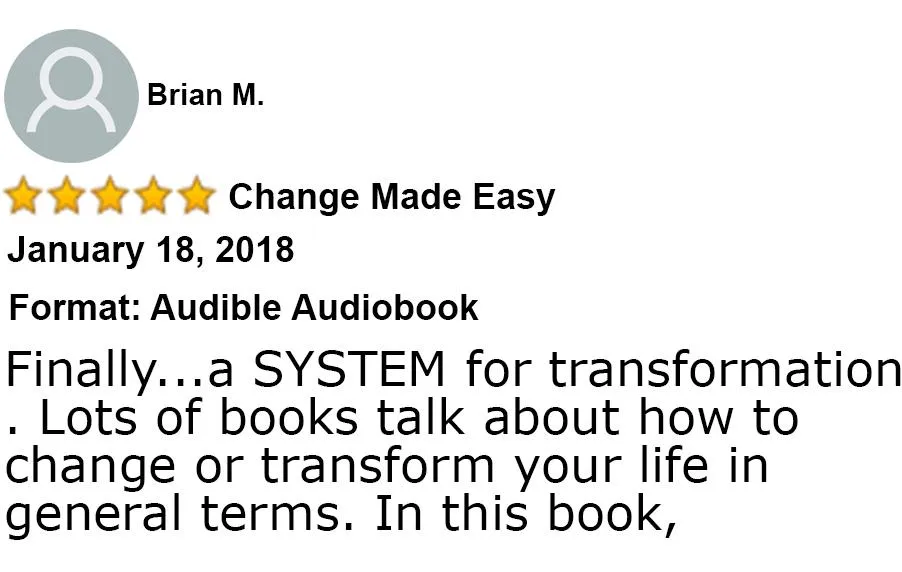
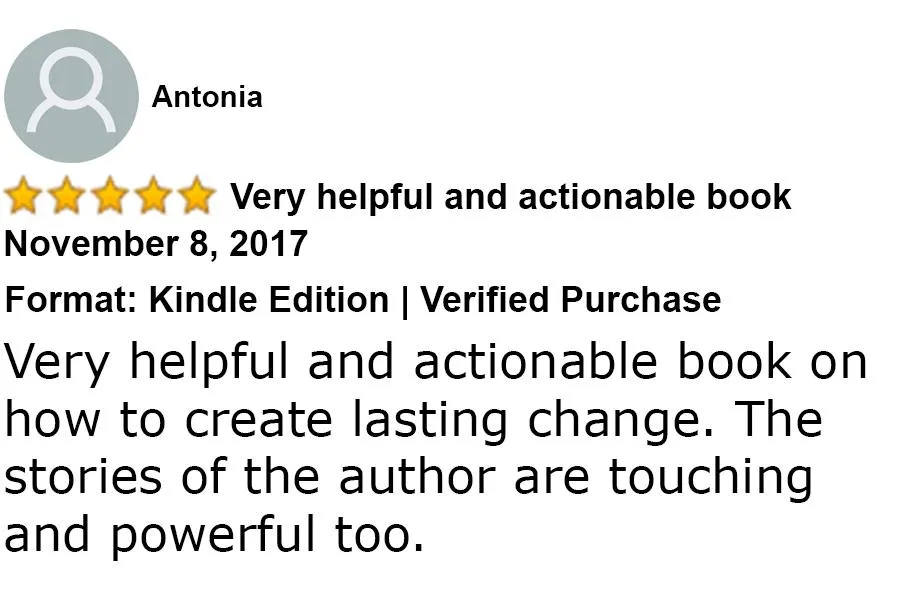




© Willard Barth Enterprises 2023. All rights reserved.
© Willard Barth Enterprises 2023.
All rights reserved.




